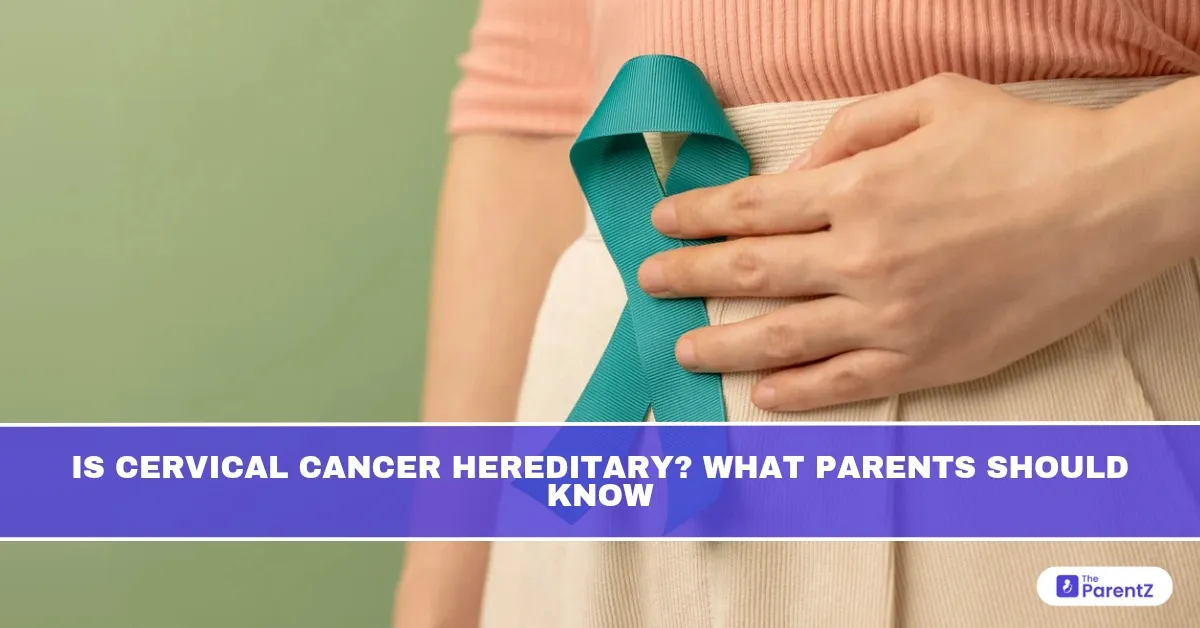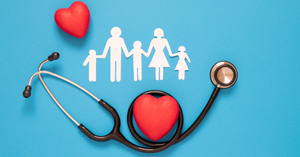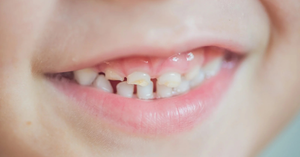Cervical cancer isn’t typically hereditary, but parents play a crucial role in protecting their child. Learn how genetics, HPV, and preventive measures like the HPV vaccine impact cervical cancer risk.
This is Something Every Parent Should Know
As parents, we instinctively want to shield our children from anything that could harm them, be it emotional pain, a physical injury, or a disease like cancer. Cervical cancer, although preventable and treatable in its early stages, is a disease we rarely talk about until it’s too late. But here’s the thing: early awareness and the right preventive actions can make all the difference.
So, is cervical cancer hereditary? Can your child be at risk because someone in the family had it? And most importantly, what can you do to ensure your child stays safe?
Is Cervical Cancer Hereditary?
Cervical cancer is primarily caused by persistent infection with certain types of human papillomavirus (HPV), a common sexually transmitted infection. According to research published in PubMed Central, over 99% of cervical cancer cases are linked to high-risk HPV strains, especially types 16 and 18. This means that the disease is not typically hereditary in the traditional sense.
However, there is evidence of a genetic predisposition. Some women may have inherited variations in immune response genes or other genetic factors that reduce their ability to clear HPV infections, making them more susceptible. A Swedish cohort study published in the International Journal of Cancer found a modest familial risk—suggesting that having a first-degree relative (mother or sister) with cervical cancer may slightly increase the risk.
But this genetic influence is minor compared to the role of HPV exposure and prevention.
What Parents Should Know and Do
Here’s how you can be proactive:
1. Vaccinate Early: The HPV Vaccine Saves Lives
The single most effective step parents can take is to get their child vaccinated against HPV. The CDC recommends vaccination starting at age 9, ideally before any sexual activity begins. The vaccine is safe, effective, and protects against the types of HPV that cause 70–90% of cervical cancers.
In fact, studies from The New England Journal of Medicine show that countries with strong HPV vaccination programs have seen a dramatic decline in cervical cancer rates among young women.
2. Educate Without Shame
Conversations around HPV and sexual health can be uncomfortable—but they are necessary. Teach your child that HPV is common, and the vaccine is a form of protection—not a license for promiscuity, but a shield, just like any other vaccine. Let them know that being informed and protected is empowering, not shameful.
3. Encourage Regular Screenings Later On
As your child grows into adulthood, regular Pap smears and HPV testing become critical tools for early detection. According to The American Cancer Society, cervical cancer is most commonly diagnosed between the ages of 35 and 44, and rarely before 21, which is why screening is recommended starting at age 25 in most countries.
If you or someone in your family has a history of cervical cancer, you can also speak to your doctor about genetic counseling or more frequent monitoring.
Risk Factors You Should Be Aware Of
While heredity plays a small role, several modifiable risk factors influence the likelihood of developing cervical cancer:
- Early onset of sexual activity
- Multiple sexual partners
- Smoking
- Immunosuppression (e.g., HIV infection)
- Long-term use of oral contraceptives
- Giving birth to many children
If any of these factors are present in your child’s life (or might be in the future), understanding them without judgment will help guide the right preventive steps.
Breaking the Stigma Around HPV and Cancer
As a daughter of a mother who once whispered “pap smear” like it was a secret, I’ve learned that knowledge is our loudest armor. If we create a safe space where health is openly discussed, we protect our children not just from disease but from fear, shame, and misinformation.
Conclusion: Protecting the Future
To answer the original question, no, cervical cancer is not usually hereditary, but certain genetic and behavioral factors can increase risk. The good news? It’s one of the most preventable cancers with vaccines, regular screenings, and awareness.
As a parent, your role is irreplaceable. By choosing vaccination, encouraging open conversations, and staying informed, you’re not just protecting your child from a virus; you’re giving them the gift of confidence, autonomy, and a healthier future.









Be the first one to comment on this story.